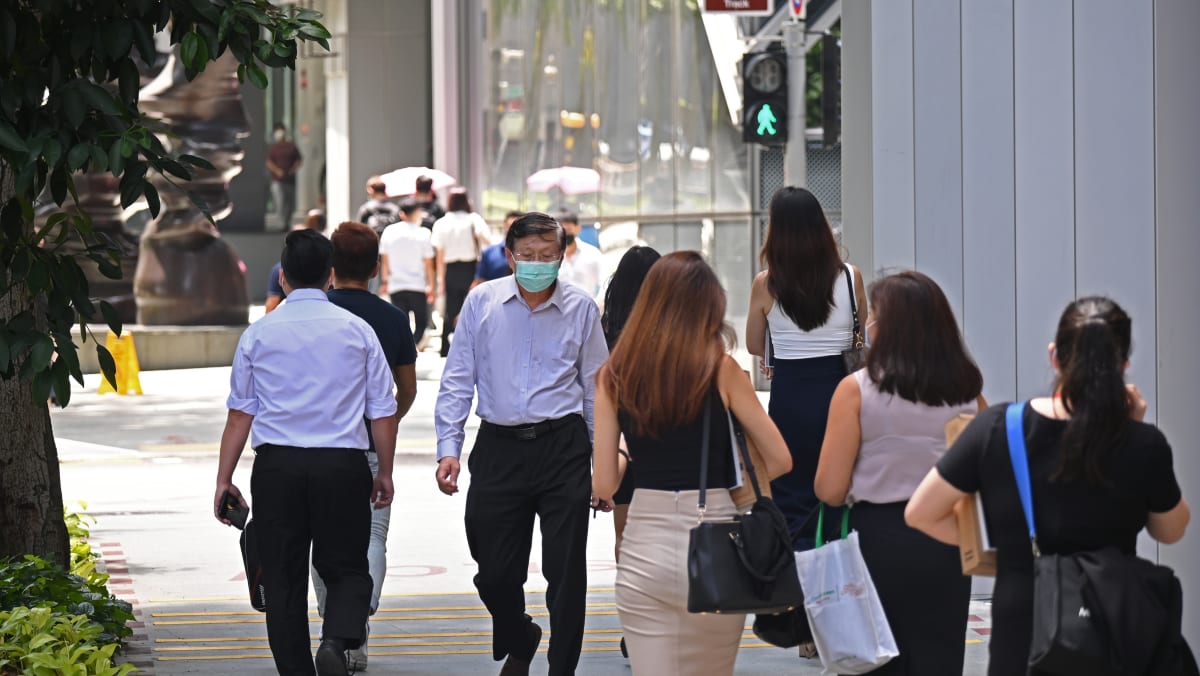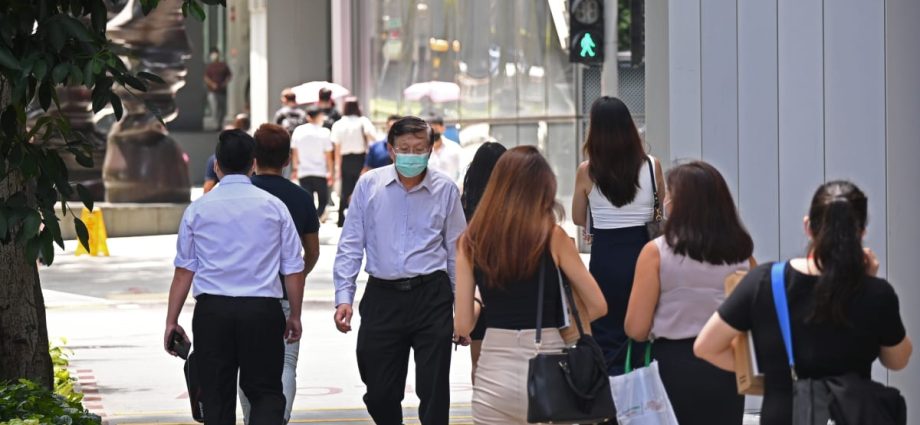
Tourist attraction Madame Tussauds Singapore – which allows non-customer-facing employees to work from home – said it has seen an average of two to four staff members from its customer-facing team taking medical leave over the past few weeks.
“Surprisingly, (we have had) zero COVID-19 cases in the last few weeks, but we do have a lot of common cold circulating,” said the attraction’s head of commercial operations Sylvia Tan.
“Our workforce is still very lean so we are quite cautious because we can’t afford for half the team to be down.”
Among the measures taken, the attraction provides COVID-19 test kits in the office for those who feel unwell.
“If positive, they are immediately sent home and test kits (will be) deployed to close contacts and areas will be thoroughly sanitised,” said Ms Tan.
While the company does not require medical certificates for those who test positive, she said employees have to send a video of themselves taking the test and show their results. Employees are only allowed to return to work after five days or when they test negative for COVID-19.
However, not all companies are tightening their measures.
Minor Group, which operates 16 F&B brands including Thai Express and Poulet, said it has not implemented any additional precautions since Singapore stepped down its disease alert to its lowest level in February.
Employees are also not required to inform the company if they have COVID-19, said the group’s chairman and CEO Dellen Soh.
“We usually take cues from the government on what measures to implement, restrictions to impose or things we need to do,” said Mr Soh.
“The protocol now is that COVID-19 doesn’t need to be reported any more, it’s just like another flu.”
While Mr Soh said the company has not seen a surge in the number of employees taking sick leave, he noted that people might be feeling more “protective” over their jobs – which could mean being reluctant to take sick leave – given the current economic situation and reports of retrenchments in various sectors.
“A lot of people tend to be more serious about keeping their jobs because the future in the next one or two years is not going to be very rosy, so it’s very uncertain,” he said.

